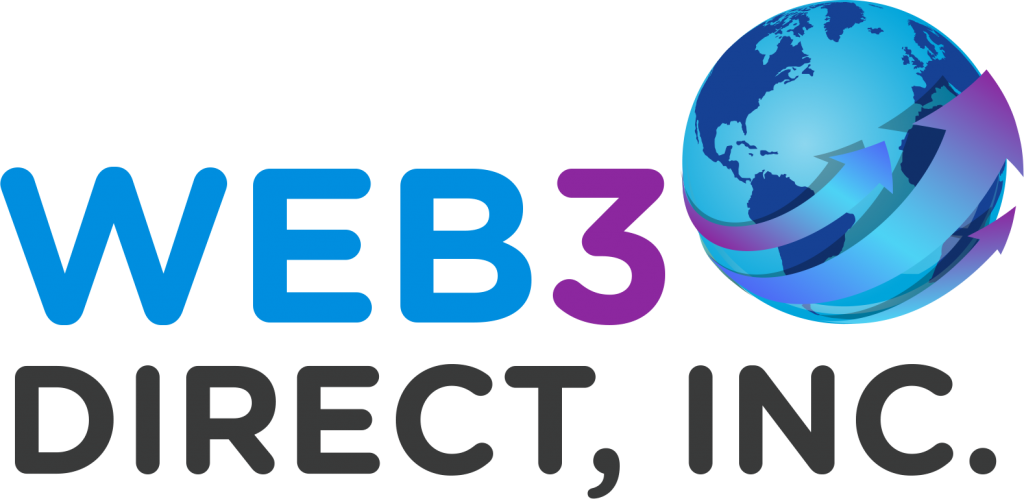MS Word and other programs flag nonconforming spelling of words. In fact, until a couple years ago login or logon were almost always corrected as two words. I respect this. After all, my dear mother had me reading by the age of 2, gave me an encyclopedia for my 3rd birthday, and I was a consistent winner of spelling bees during my primary school years. As a marketing copywriter however, the deciding factor for me becomes the emphasis I want in a sentence or phrase. For example, in the phrase “I will teach you to move beyond paycheck to paycheck to Wealth Building!” the verb “Building” is the focal point, but when referring to someone’s “Wealthbuilding System,” the noun system is the focal point, and by connecting the noun wealth with the verb building, I create a single adjective that qualifies and focuses on a unique system.
I’ve found over the years that some combinations work better in sales copy when combined into single adjectives instead of using them as noun+verb combination. This is because the real focus is on the tool, resource or system itself, the wealth building aspect is simply a qualifier. This contraction phraseology is rooted in company naming and logo protocols people have gotten used to over the last 50 years or so (MicroSoft is a great example here). Others I tend to do this with are cashflow (or cash-flow, for example when the product had Cash-Flow as part of its name), moneymaking (sometimes money-making). While my decision of two words, one word or two hyphenated words is largely situational (and organic!), I do try to be consistent from campaign to campaign for the same product or service.
This isn’t really about NLP (Neuro Linguistic Programming) but it is all interrelated: just as “don’t forget” is interpreted by the brain as “forget,” a conjunction like “isn’t” softens the negative while “it is” strengthens the affirmative. I had my hand slapped more than once using contractions in business copy, but this really is more about years of testing words and phrases and seeing the results first-hand.
Some of these words/phrases sometimes develop into stylebook entries, and some may even become branding phrases that we own. Your stylebook is where you collect the words and phrases you use over and over, in the exact spelling and ways they apply to you, your company, products and services. For example a few years ago I locked in this phrase for a client,
“Creating Affordable Homes For Working-Class Families”
This became part of our repetitive stylebook message. We standardized how WE would refer to our properties as homes, not houses. Can you feel the difference this makes?
These properties were affordable, not low-income…and for average, working class families, not people. Notice our choice to hyphenate working-class…by standardizing these details our message was consistently on point wherever it was used.
John Assaraf Brain Expert Featured in the Blockbuster Movie “The Secret”
For this client, we consistently referred to him as being “featured” as opposed to other equally valid phrases such as “key visionary,” “behind”… “appeared in… or the “star of…” We could have used any of them, just as we could have used “hit” instead of “blockbuster.” The key is to select what you feel will best help achieve your marketing goals. “Star” for example implies entertainment more, as does “hit.” These didn’t convey his expertise even though they are more visual and visceral words with a lot of nuances that could have elevated him in other ways. No, he was “Featured” in this “blockbuster” because he was considered The Brain Expert. The choices of our words are important… take the time to test and find the ones that work best and lock them in as your own.
So do you leave in a proper “that” (“so that you”) or “of” (“couple of years” or delete these extra words to ease the eyeflow (“so you” or “couple years” as in the second sentence above)?
Will a Noun-Verb-Noun combo work better for what you need (“cash flow system, wealth building tools”) or is a simpler Adjective-Noun approach stronger (cashflow system, wealthbuilding tools)?
Should you use “a” or “an” in front of a soft consonant such as “H” or “N” (a…or an historic moment)? It’s your choice. It’s actually OK to do both, but since most people hear what they read in their head, the “an” make the words flow better.
English is the most fluid language in the world. While I keep my Strunk & White, Rogets, dictionaries and stylebooks handy, the key question for me isn’t always what’s “proper.” The far more important question to ask when writing copy is, will my copy flow and lead people to the desired “next steps?” Will most people naturally get its meaning, or will my audience get hung up visually/mentally and stumble as they are reading along?
BTW, none of this means I don’t have actual typos show up occasionally (probably some here as well!)… I recognize the value of fresh eyes proofreading every word! The key is having a proofreader who understands these nuances, and doesn’t try to force copywriting into a grammatically perfect English composition! (as happened on my latest book S.O.L.D., but that’s a subject for another post)


